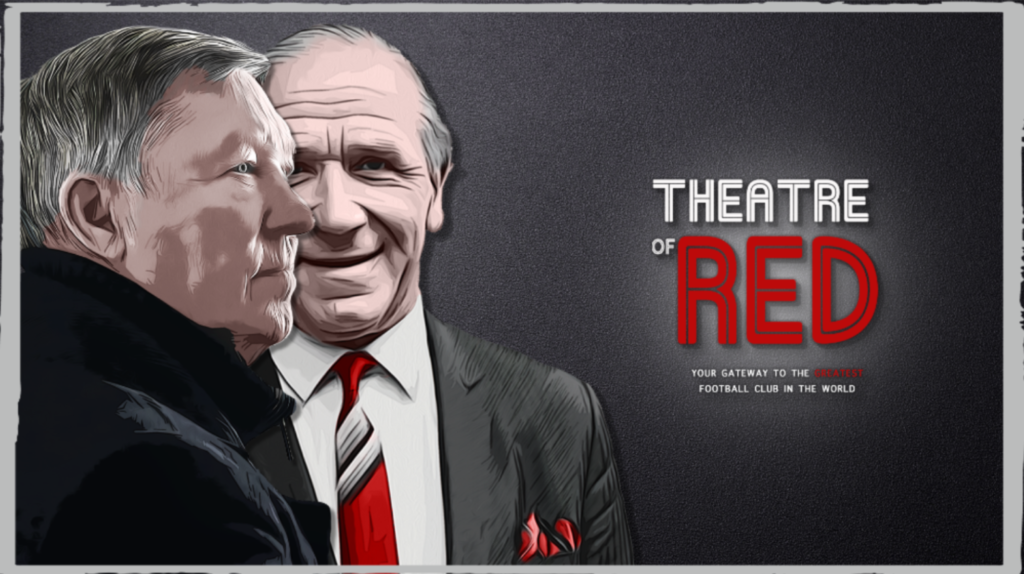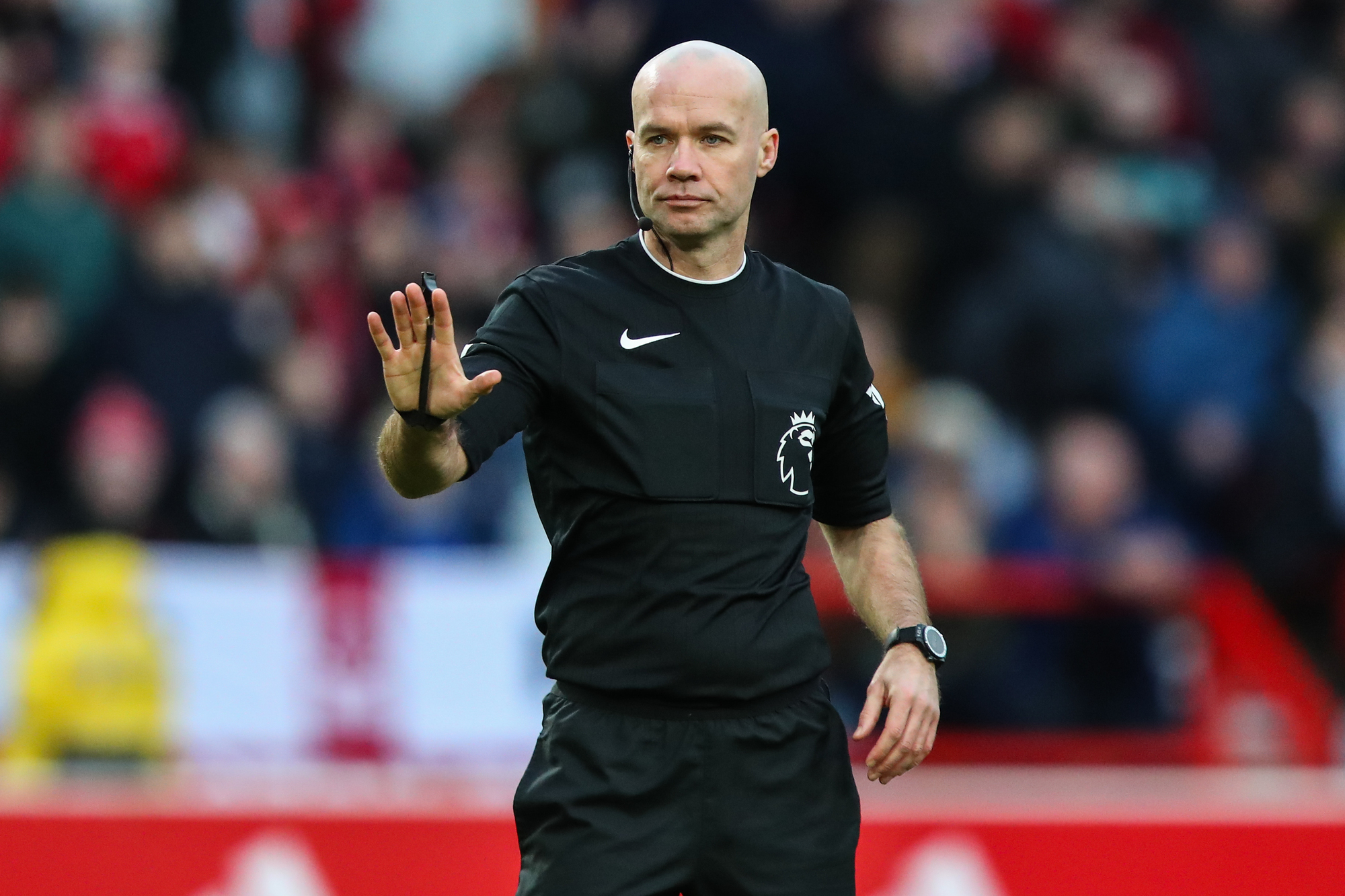Since its first live trial during a friendly encounter between Eredivisie sides PSV and FC Eindhoven in July 2016, the video assistant referee (VAR) has raised more than a couple of eyebrows, with several officials occupying weekly talking points.
Its FIFA World Cup adoption in 2018 was a historic landmark, inevitably leading to the Champions League during the 2018-19 season and into England the following campaign.
Introduced to eradicate the uncertainty of officiating decisions, it aimed to lead to a smoother outcome during high-profile moments in elite competition.
However, as with everything in life, the perception of something often differs from reality.
Familiar refereeing conversations increased, and questionable decisions continued to surface.
Every supporter of every club has a story they can tell – some good and some bad, depending on the day that was in it.
Manchester United captain Bruno Fernandes has been on the receiving end of two questionable decisions recently, resulting in his dismissal from both fixtures.
Frustratingly, further analysis confirmed that the application of VAR was incorrect. But, regardless of a decision afterwards, the outcome of the fixture remains unchanged.
So, in 2024 – eight years after its first trial – why are we still discussing the deficiencies of the video assistant referee?
Technology and the people behind it
Technology is no stranger to the Premier League, with goal-line technology (GLT) a feature before the introduction of VAR.
Since Edin Dzeko’s strike against Cardiff City in January 2014, its functionality has been nearly flawless.
Barring a glitch in the ‘hawk-eye’ system in 2020 in a fixture between Aston Villa and Sheffield United, undeniable confidence exists in decisions made.
So why does one work while the other flatters to deceive? That comes via the human element associated with opinion.
The fundamental role of VAR is to aid with ‘clear and obvious errors’, or ‘serious missed incidents’, ultimately enabling the refereeing team to achieve a decision effectively.
However, as has been proven far too often the case, a plethora of inconsistencies has ravaged the reputation of the video assistant, leaving many to believe the game was far better without it.
Take one of the Fernandes incidents that was previously mentioned.
The midfielder was dismissed during United’s 3-0 defeat to Spurs, leaving many perplexed at the decision.
Speaking afterwards, referees chief Howard Webb stated that VAR had made a ‘mistake’ in not overturning the on-field decision.
“’The contact is high, but Fernandes slips first,” he told Michael Owen on Match Officials Mic’d Up.
“It’s not an attempt on the ball, but from the assistant’s view, it looks like studs go in – but it’s a slight error.
“There’s no driving the foot into the opponent, it’s more of a tripping action. VAR should have sent the referee to the screen.”
As we know, hindsight is a part of everyday life, and you would be forgiven for overlooking something occasionally.
However, the issues surrounding the referring facility are weekly talking points, leading to this bizarre platform where Webb discusses controversial refereeing decisions.
Maybe I’m naive, but should the correct use of the facility rule out a necessity for discussion?
Fundamentally, many of today’s issues stem from an individual’s interpretation of the rules.
In 2019-20, the International Football Association Board (IFAB) amended the rules for handball decisions. FIFA demanded the Premier League adopt these the following year.
However, depending on who is on duty on any particular day, the interpretation of a singular moment is viewed differently, with many puzzled about the inability to adhere to a familiar practice.
Ultimately, this extends far beyond handball – with everything from offside rulings to dangerous play all factored in.
We’ve touched on Bruno and his misfortune against Spurs. Well, the 30-year-old was backed by his side, successfully appealing against the red card and suspension.
As the game grows, technology accelerates at a much higher level, and the offer of further advancements is a distinct possibility.
But, as long as a man or woman is tasked with making a final call on a troublesome scenario, the range of potential issues will remain.
Much like Erik ten Hag and the polarising debate regarding his suitability in the North West, humans will deliver the most peculiar outcomes, with the likelihood of a contentious decision made daily.
While I have often been critical of an officiating rule, it is imperative to remember that VAR is not the issue in Premier League football; the individuals interpreting their version of the rules is the fundamental flaw.
How do you feel about VAR in the Premier League today, and are you confident of an improvement in moving forward?
Let us know in the comments or across our social channels.
Recent Posts
- Ruben Amorim signals an end of the honeymoon period for Ineos in Manchester | Opinion
- Ipswich the stage for the Ruben Amorim Manchester premiere
- Manchester United contemplating double swoop for Ligue 1 stars




